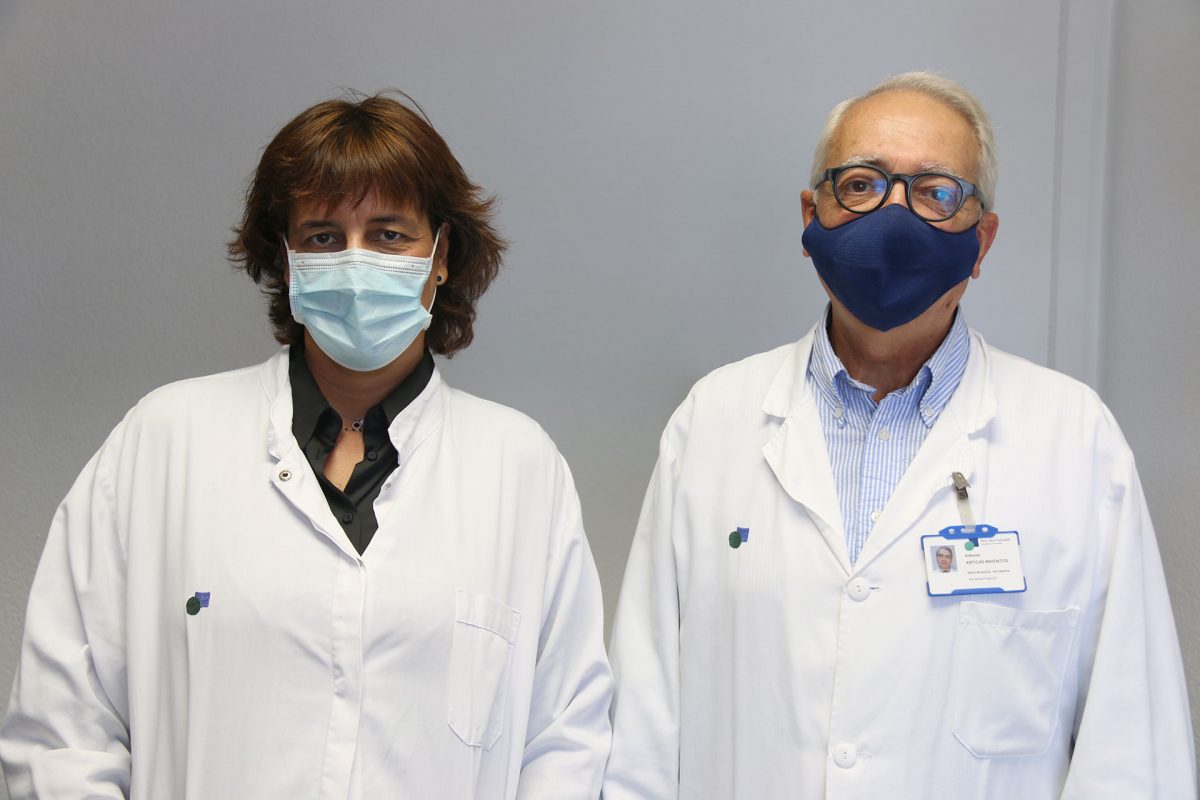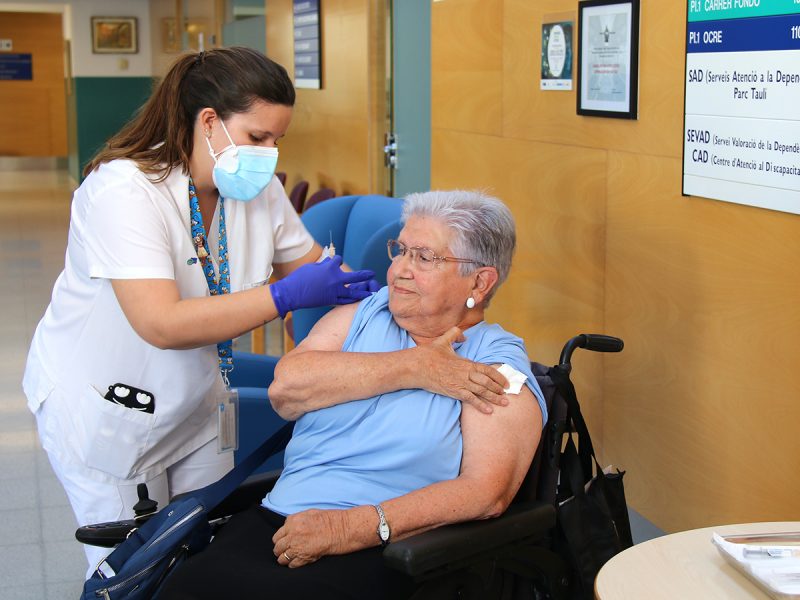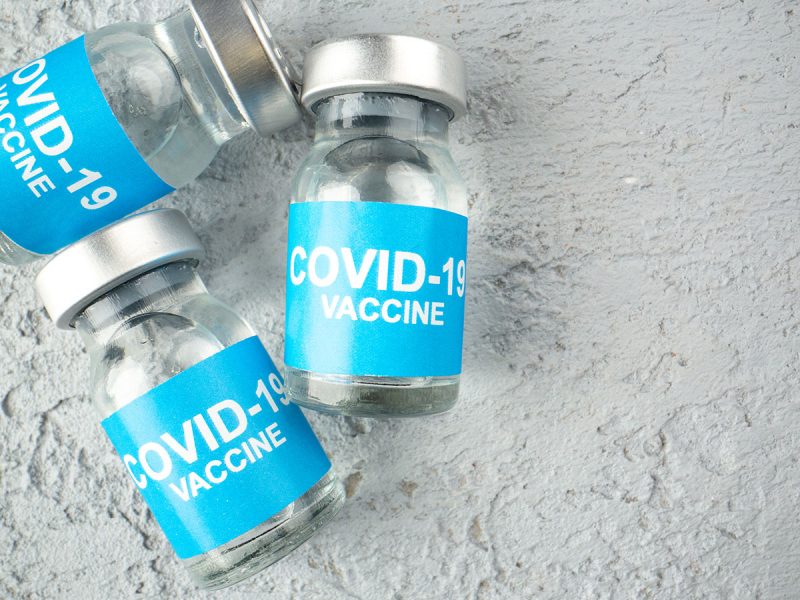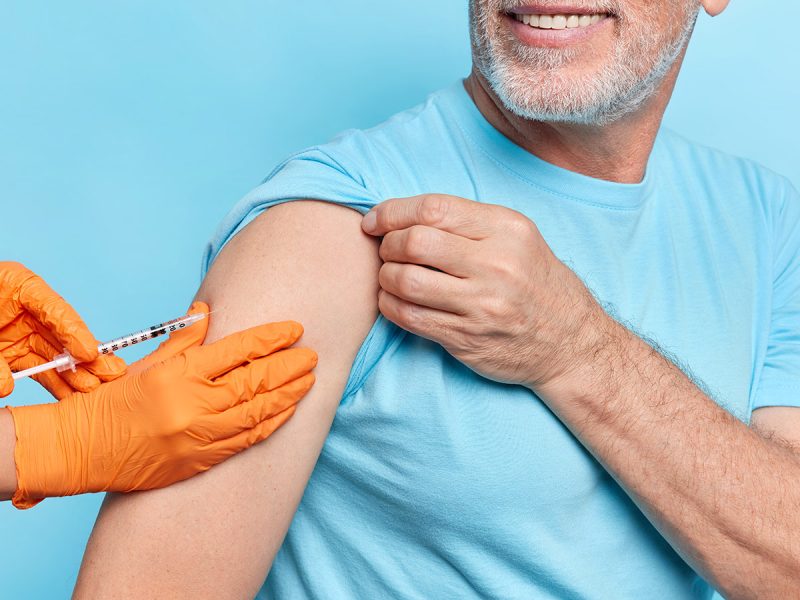
- No Comments
This is a study involving 21 hospitals in Europe, Israel and the United States, coordinated by the University of Lille. Parc Taulí has studied 125 patients hospitalized in the Critics' Area. The prestigious scientific journal The Lancet has authorized the dissemination of the results of the study.
Parc Taulí professionals Antoni Artigas, senior intensive care physician, and Gemma Gomà, research nurse, are the researchers who have participated in this work in which a total of 125 patients hospitalized in the Critics Area of Parc Taulí have been studied. of Sabadell, admitted in serious condition due to the COVID-19. The study can be consulted in the publication Preprints with The Lancet.
The objectives of this multicenter study are to determine the association of obesity or Body Mass Index (BMI) and the risk of severe COVID with invasive mechanical ventilation (intubation), as well as to explore the impact of age and sex in this relationship. Participants were COVID-19 patients admitted to intensive care at 21 centers in Europe, Israel, and the United States.
The study, which ran for three months - between February 19 and May 19, 2020 - looked at 1.461 patients, 73% of whom were men. 74% of these patients required intubation with mechanical ventilation, and mortality at 28 days was 36%. Of the total population studied, 37,5% were obese, that is, they had a BMI greater than 30.
The most important results of the researchers were, on the one hand, that they found one very significant relationship between obesity and the need to be intubated with mechanical ventilation and that this fact, surprisingly, was especially significant in obese young women under 50 years of age. On the other hand, they also saw that patients with significant obesity were associated with higher mortality, and that this increase also occurred in elderly patients.
Dr. Artigas, who points out that the WHO has included obesity as a risk factor for COVID-19, points out "The importance of the results of this study to identify patients who are at risk, to try to make prevention measures in the high-risk population, and also to improve the organization of care".
Participation in international studies with critically ill patients affected by COVID
It should be noted that, in addition to this study, the professionals at Parc Taulí also participate in other international multicenter-related activities related to COVID-19 in the field of the critical patient. Among them, a study with the University of Lille to identify whether patients with intubated and mechanically ventilated COVID had more overdose lung infections, and compared them with non-COVID patients and patients with respiratory infection. The conclusion was that patients with COVID get more respiratory infections.
Another multicenter and European advanced study, coordinated by a German researcher and supported by the European Society of Intensive Care, studies the impact of COVID on patients over 75 years of age who are admitted to intensive care. Eight Spanish centers are taking part, which have contributed the largest volume of patients, coordinated by Dr. Artigas. 1.500 patients have been studied and more patients are being included.
Analysis of mortality risk factors has shown that fragility, which includes cognitive impairments and mobility and autonomy abilities, is the main predictor of survival above age. The fragility index can be a very useful tool, among others, in decision-making for admission to an intensive care unit. This work has been submitted today for acceptance and publication in the journal Lancet Respiratory Disease.
A third study is also being conducted with researchers from Australia, Ireland and the United States, to launch a treatment of nebulized anticoagulants directly into the lung in severely ill patients with COVID and mechanical ventilation.






Leave a Reply